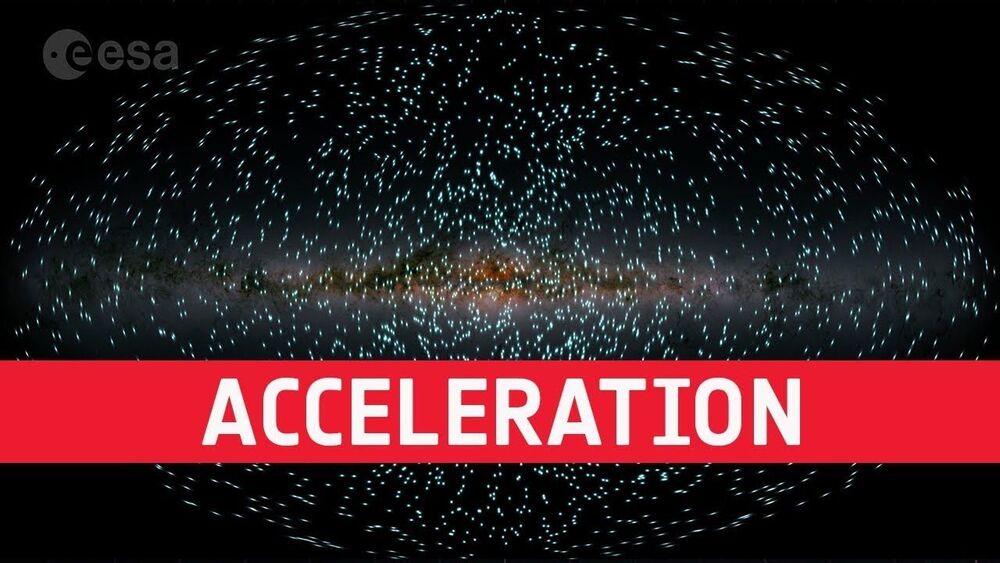The Gaia space telescope has measured the acceleration of the Solar System when it orbits the center of our Milky Way galaxy. The Solar System motion relative to the stars agrees with the results by Finnish astronomers in the 19th century. Moreover, the observational data by Gaia improves satellite navigation.
Earlier this month, the European Space Agency (ESA) released observational data from the Gaia telescope (Gaia Early Data Release 3 or EDR3), in continuation to the DR1 and DR2 releases of the years 2016 and 2018. Gaia accrues accurate knowledge about, for example, the Milky Way stars, distant extragalactic quasars, and the asteroids of our Solar System.
Quasars are bright, star-like objects that allow for the determination of planet Earth’s orientation in space. With the help of their precise positions measured by Gaia, a new high-precision reference system can be constructed for defining the positions of stars, Solar System objects, and also satellites.
